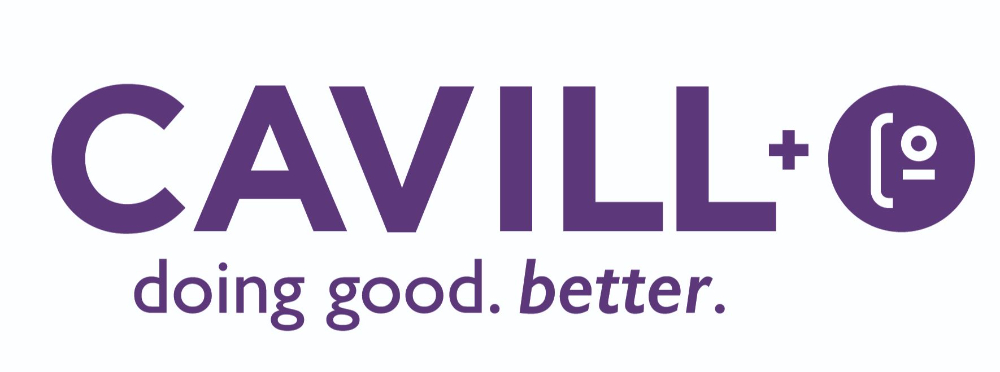Mutualism is a Must
Mar 08, 2022
Collaboration and helping others is an innately human trait, and it’s also found in nature. The term ‘symbiosis’ describes the relationship that different animals or plants share, in order to survive. There are three kinds of symbiotic relationships:
1. Parasitism: This is where one side of the partnership benefits and the other is negatively impacted. An example of this from nature is the ‘stinking corpse lily’ of South East Asia. Not only is it the largest flower in the world but the smelliest – the rotting flesh smell attracts flies who in turn pollinate the flower. It can only reproduce by stealing nutrients and carbon from the roots of liana vines.
2. Commensalism: This is where only one side of the partnership benefits whilst the other is unaffected. An example of this is the whale barnacle which attaches itself exclusively to the grey whale. The barnacles don’t harm the whale, but catch a free ride through the ocean, catching food without exerting much energy. A single whale can carry up to 100kg of barnacles on them

3. Mutualism: This is where both sides benefit from the relationship. An example of this is the acacia ant of South America. Unlike other ants who live in burrows or soil, they inhabit the bullhorn acacia plant. The stinging ants protect the plant from predators, in return the plant provides them with nectar and nutrients. In Australia, a mutualistic pairing is that of the clownfish and the bubble tip anemone. The clownfish covers itself in a layer of mucus, allowing it to live within the anemone’s poisonous tentacles without being stung, hiding from predators. The clownfish enthusiastically removes the anemone’s parasites.

For tens of thousands of years, humans lived in balance with our natural environment. In the Maori culture of Aotearoa and the Aboriginal and Torres Strait Islander peoples of Australia, there is an intimate connection to nature and an innate sense of being custodians of the planet. The concept of ‘sustainability’ is engrained, rather than a strategy to be implemented because of stakeholder pressure.
Due to colonial expansion, capitalism and the industrial revolution of the past few hundred years, we’re now faced with rampant deforestation, soil erosion, species extinction and climate change. As I write this Australians in Queensland and NSW are devastated yet again by severe floods, with climate experts warning this is likely to become the norm.
It’s not only the environment that’s in crisis. People in the western world are living in the most abundant of times yet mental illness is at plague proportions. Drug and alcohol abuse claims thousands of lives each year. Social and domestic violence is out of control. Around the world inequality is rampant and the gap between the rich and poor is a growing chasm. Clearly, the current model of capitalism isn’t working – no longer can Profit be prioritised over People and Planet.
Working with both corporates and non-profits, I can clearly see the knowledge and resources that each bring to a solutions-focused partnership. While some may say the role of business is to create economic growth, jobs and make a profit, that is an outdated view as people (and let's not forget people are customers, employees and shareholders, vital to the survival of a company) are demanding that companies evolve and embrace a different role which has a positive social impact at the core, not a bolt-on strategy.[1]. Our research[2] shows that Australians believe the corporate sector has the greatest potential to bring about societal change.
Sticking our heads in the sand isn’t going to help future generations but nor is pointing the finger. I believe that the only way we are going to solve many of the pressing social and environmental problems that we face is to look at – and learn from – nature. We need to prohibit Parasitism of any form and embrace Mutualism. Cross-sector collaboration with a focus on problem-solving is the only way forward. Our very survival is dependent on it.
As Albert Einstein once said: “Look deep into nature, and then you will understand everything better”
Hailey Cavill-Jaspers
Further reading
*UN Environment program: Indigenous people and nature: a tradition of conservation
*The Guardian: Capitalism isn’t broken. It’s working all too well – and we’re the worse for it
*BBC: Why the next stage of capitalism is coming
[1] Edelman Trust Barometer, 2021
[2] Conscious Consumer Report, 2021

